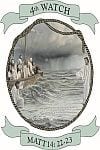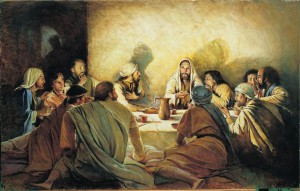Podcast: Download (11.6MB)
Subscribe: RSS
 In this instalment brother Ash sets for forth evidences, proofs and faith concerning the Book of Mormon archaeology.
In this instalment brother Ash sets for forth evidences, proofs and faith concerning the Book of Mormon archaeology.
The full text of this article can be found at Deseret News online.
Brother Ash is author of the book Shaken Faith Syndrome: Strengthening One’s Testimony in the Face of Criticism and Doubt, as well as the book, of Faith and Reason: 80 Evidences Supporting the Prophet Joseph Smith. Both books are available for purchase online through the FairMormon Bookstore. Tell your friends about the Mormon Fair-Cast. Share a link on your Facebook page and help increase the popularity of the Mormon Fair-Cast by subscribing to this podcast in iTunes, and by rating it and writing a review.
The views and opinions expressed in the podcast may not reflect those of the Church of Jesus Christ of Latter-day Saints or that of FairMormon







